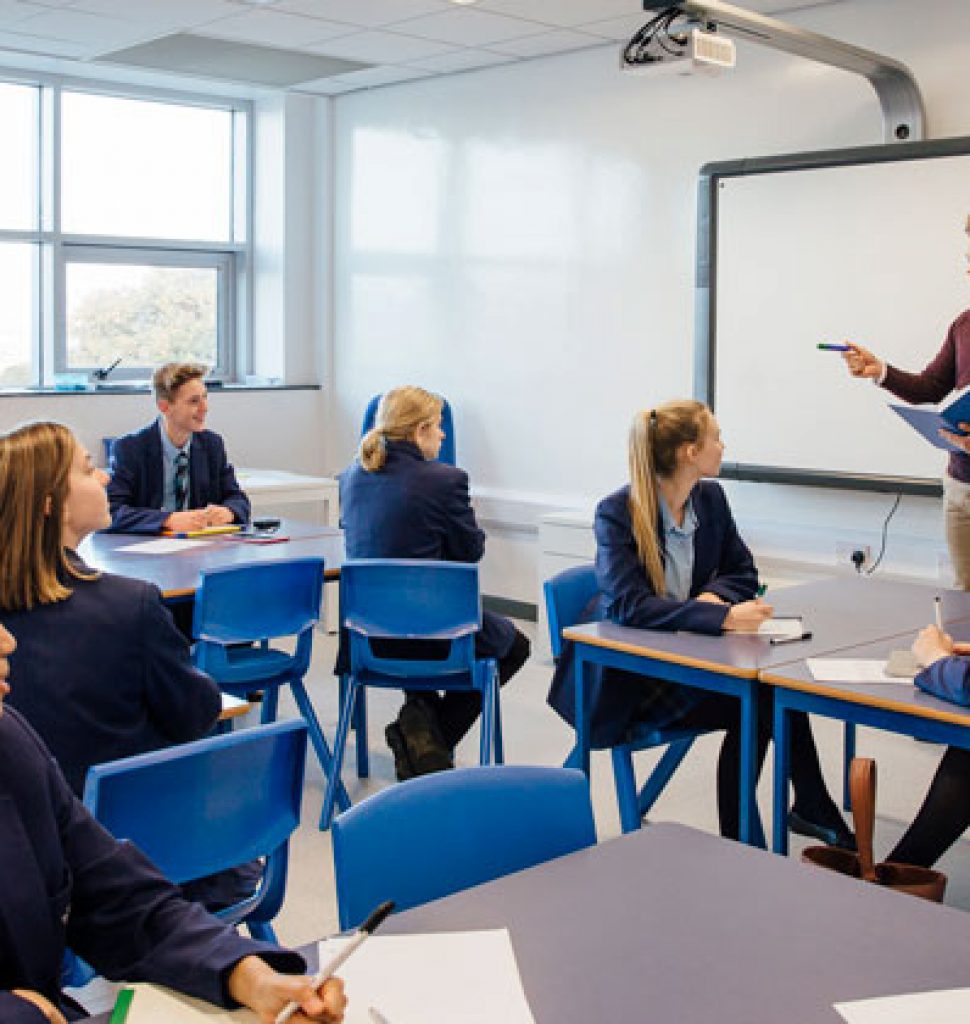Low attendance remains a “stubborn concern” for schools battling to help pupils catch-up from lost learning this term, Ofsted has warned.
The inspectorate has today published a new report detailing how the pandemic has impacted pupils’ learning and schools’ approaches to overcome these issues during the autumn term.
The findings are based on 98 routine inspections of primary and secondary schools in England between October and November.
These are the key findings:
1. Covid-absences continue to disrupt learning
Ofsted found low attendance this term was a “stubborn concern”. Schools reported much was caused by “direct and indirect” Covid reasons, including positive cases, anxiety among pupils and parents and poor mental health.
The watchdog also found some pupils were missing school this term due to “rescheduled or rearranged term-time holidays”.

Some schools reported Covid-related absences impacting more disadvantaged pupils and those with SEND. Others highlighted specific year groups.
Ofsted found schools were tackling the issue through family support, home visits, and designated staff members, among other measures.
Latest attendance data from the Department for Education estimates 236,000 pupils were absent last week as attendance dropped to 88.9 per cent.
Chief inspector Amanda Spielman said: “As we face further turbulence, we must do all we can to make sure children are able to continue learning in their classrooms.”
Attendance has already been highlighted as a key priority for the DfE.
2. New pupils struggling
The watchdog found that the newest cohorts in primary and secondary schools have “arrived with lower starting points than previous years” due to Covid disruption.
Reception pupils have had reduced nursery provision and therefore struggle more with “peer interactions, behaviour, school readiness and attitudes to learning”, Ofsted said.
At secondary level, Ofsted found year 7 pupils “struggled with the behaviour expectations of their new school and took longer to settle in”. Some leaders also described this among year 8 pupils whose first year of secondary education was “greatly affected by the pandemic”.
Leaders warned the pandemic “has exacerbated the attainment gap between disadvantaged pupils and their peers”. Concerns were raised about the “social and emotional health” of SEND pupils, with one school remarking they were “not secondary ready”.
3. Informal assessments used to identify learning gaps …
Many schools were responding to Covid challenges by using regular, informal assessments to determine any missing knowledge, Ofsted said.
Gaps in literacy and language were frequently noted across primary and secondary school, while “most pupils had some gap” in their maths knowledge.

4. … and ‘recovery curriculum’ introduced to fill them in
Ofsted found a “small number” of schools made no adaptations to their curriculum because they were confident in their remote learning provision.
Yet the majority had adapted their plans under a new “recovery curriculum”.
Some schools would revisit topics that had previously been covered remotely, while others ensured the curriculum provided “a lot of repetition, retrieval and revision of previous learning”.
The watchdog found a few primary schools purchased new programmes to support catch-up in phonics or “employed extra staff to focus on supporting phonics teaching”.
At secondary level, many schools focused on pupils’ catchup in reading in English. Leaders were also “strongly focusing on regularly reviewing and recapping prior learning” in maths.
5. How else are schools aiding catch-up?
While some leaders said they were using funding to provide one-to-one or group interventions, many reported using their own staff for these.
Tutoring and intervention work often targeted specific pupils, such as those from disadvantaged backgrounds or specific exam cohorts.
Leaders reported hosting after-school “catch-up clubs” which usually focussed on core subjects while a small number of schools offered Saturday sessions or used a summer school programme to induct Year 7 cohorts.
Others held reading comprehension booster sessions with large groups of pupils.
Elsewhere some secondary schools had extended the school day for all pupils, with the additional time providing opportunities for enrichment activities, homework support, pastoral secession and catch-up tutoring.
















As usual OFSTED and the pointy finger but offer no solutions or praise!
Go tell the Government school can’t deliver in this situation as all isn’t normal do why pretend we can be? Knuckle down on basics and leave schools to get kids who can’t write spell add up or even speak to get gjem for g that first. Maybe poi t some fi gers at the home and parenti g of so e and not all are disadvantaged!